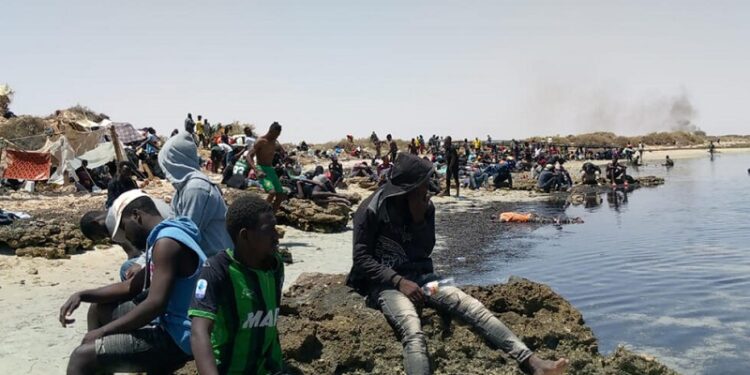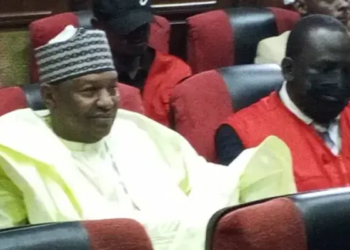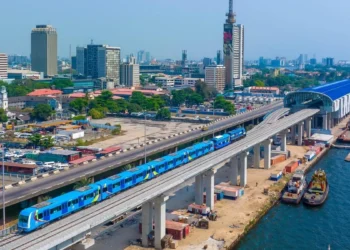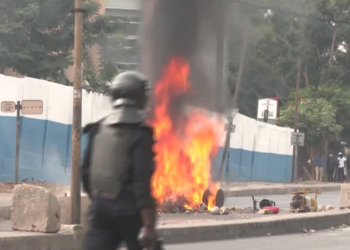UN Secretary-General Antonio Guterres on Monday highlighted the urgent need for safe migration governance rooted in solidarity, partnership, and respect for human rights.
In a message to mark International Migrants Day released by his Spokesperson, he reiterated that migration is a fact of life and a force for good as it promotes the exchange of knowledge and ideas and contributes to economic growth.
It also enables millions of people to pursue opportunities and improve their lives.
However, Mr Guterres noted that poorly governed migration was a cause of great suffering.
“It forces people into the cruel realm of traffickers, where they face exploitation, abuse, and even death. It undermines trust in governance and institutions, inflames social tensions, and corrodes our common humanity,” the UN chief said.
There are some 280 million migrants worldwide.
Mr. Guterres recalled that five years ago, the international community adopted the Global Compact for Safe, Orderly, and Regular Migration.
This, he said, had become an important reference point and resource for Member States to assess actions, enhance cooperation, and expand rights-based pathways for migration.
“Yet such measures remain the exception, not the norm. Today and every day, we must work towards a more humane and orderly management of migration for the benefit of all, including communities of origin, transit, and destination,” Mr Guterres said, adding “Together, let us secure a safer and more prosperous future for all.”
In October this year, the head of the International Organisation for Migration (IOM), Amy Pope, said with people on the move globally at “unprecedented” levels, rather than being a problem, host countries should recognise that migrants are what their economies most need to thrive.
She said migrants were “people first” who should not be seen as a problem.
That distinction was more critical than ever today, the IOM Director-General added, noting that it was 10 years since a migrant shipwreck off the Italian coastline on 3 October 2013 claimed more than 368 lives. It was the agency’s biggest fear that such tragedies “have been normalised”, Ms. Pope said.
“These are people first before we label them as migrants or asylum seekers or anything else, and valuing their human life, recognising their dignity is key to everything we say and do and whichever Member State we work with,” Ms. Pope said.
Migration was not about to end any time soon, Ms. Pope continued, given the huge impact of climate shocks, conflict, persecution and other destabilising influences on fragile communities around the world, from Latin America to Europe, Asia and Africa.



























































